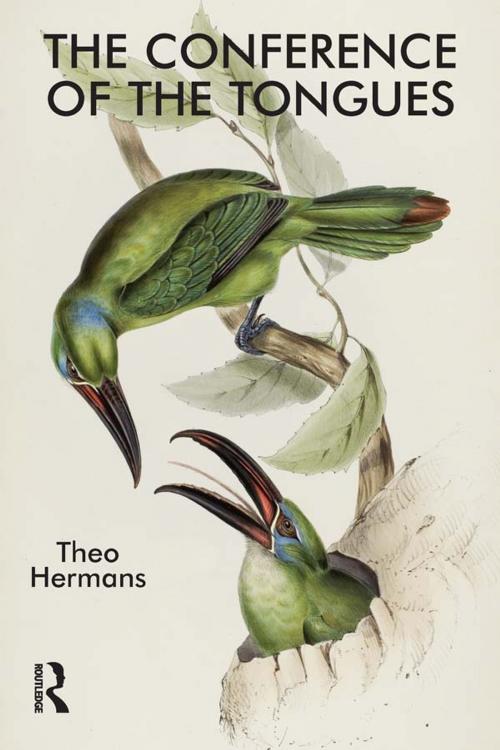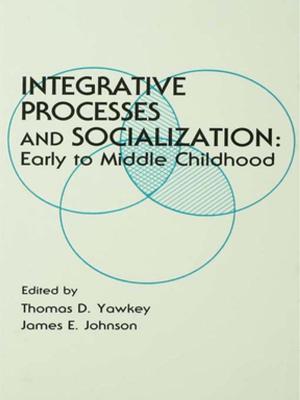| Author: | Theo Hermans | ISBN: | 9781317640202 |
| Publisher: | Taylor and Francis | Publication: | June 3, 2014 |
| Imprint: | Routledge | Language: | English |
| Author: | Theo Hermans |
| ISBN: | 9781317640202 |
| Publisher: | Taylor and Francis |
| Publication: | June 3, 2014 |
| Imprint: | Routledge |
| Language: | English |
The Conference of the Tongues offers a series of startling reflections on fundamental questions of translation. It throws new light on familiar problems and opens up some radically different avenues of thought. It engages with value conflicts in translation and the social accountability of translators, and turns the old issue of equivalence inside out. Drawing on a wealth of contemporary and historical examples, the book teases out the translator's subject-position in translations, makes notions of intertextuality and irony serviceable for translation studies, tries to think translation without transformation, and uses a controversial sociological model to cast a cold eye on the entire world of translating.
This is a highly interdisciplinary study that remains aware of the importance of theoretical paradigms as it brings concepts from international law, social systems theory and even theology to bear on translation. Self-reference is a recurrent theme. The book invites us to read translations for what they can tell us about translating and about translators' own perceptions of their role. The argument throughout is for more self-reflexive translation studies.
The Conference of the Tongues offers a series of startling reflections on fundamental questions of translation. It throws new light on familiar problems and opens up some radically different avenues of thought. It engages with value conflicts in translation and the social accountability of translators, and turns the old issue of equivalence inside out. Drawing on a wealth of contemporary and historical examples, the book teases out the translator's subject-position in translations, makes notions of intertextuality and irony serviceable for translation studies, tries to think translation without transformation, and uses a controversial sociological model to cast a cold eye on the entire world of translating.
This is a highly interdisciplinary study that remains aware of the importance of theoretical paradigms as it brings concepts from international law, social systems theory and even theology to bear on translation. Self-reference is a recurrent theme. The book invites us to read translations for what they can tell us about translating and about translators' own perceptions of their role. The argument throughout is for more self-reflexive translation studies.















